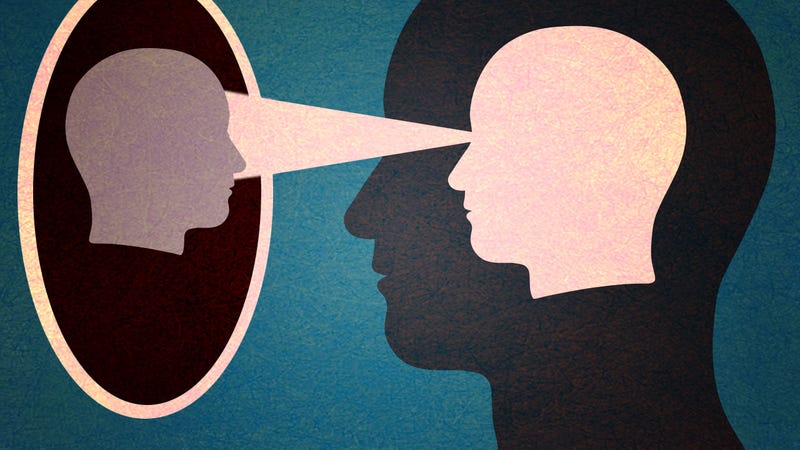
In fact, emptiness are often compared to the conception and performance of zero. Zero could seem like nothing, however as we have a tendency to all recognize, everything starts from it. while not zero, our computers would collapse. while not zero, we have a tendency to couldn't begin reckoning from one up to eternity. within the same manner, from emptiness, something and everything will turn up.
Anything will inherit being as a result of there's no fastened manner for things to be. It all depends on the conditions that move. however this proven fact that something is feasible doesn't imply that life is random or haphazard. we are able to create something happen, however we are able to solely do thus by delivery along the required conditions. this can be wherever the ideas of "emptiness" and "interdependence"
Come along.
For instance, we have a tendency to area unit live right away as a result of we have a tendency to area unit enjoying the proper conditions for our survival. we have a tendency to area unit alive as a result of the incalculable meals we've eaten throughout our life. as a result of the sun shines on the world and also the clouds bring rain, crops will grow. somebody tends to the crops and harvests them, somebody else brings them to plug, and yet one more person makes a meal from them that we are able to eat. when this method is continual, the reciprocity of our lives links North American nation with a lot of and a lot of individuals, and with a lot of and a lot of rays of sun and drops of rain.



